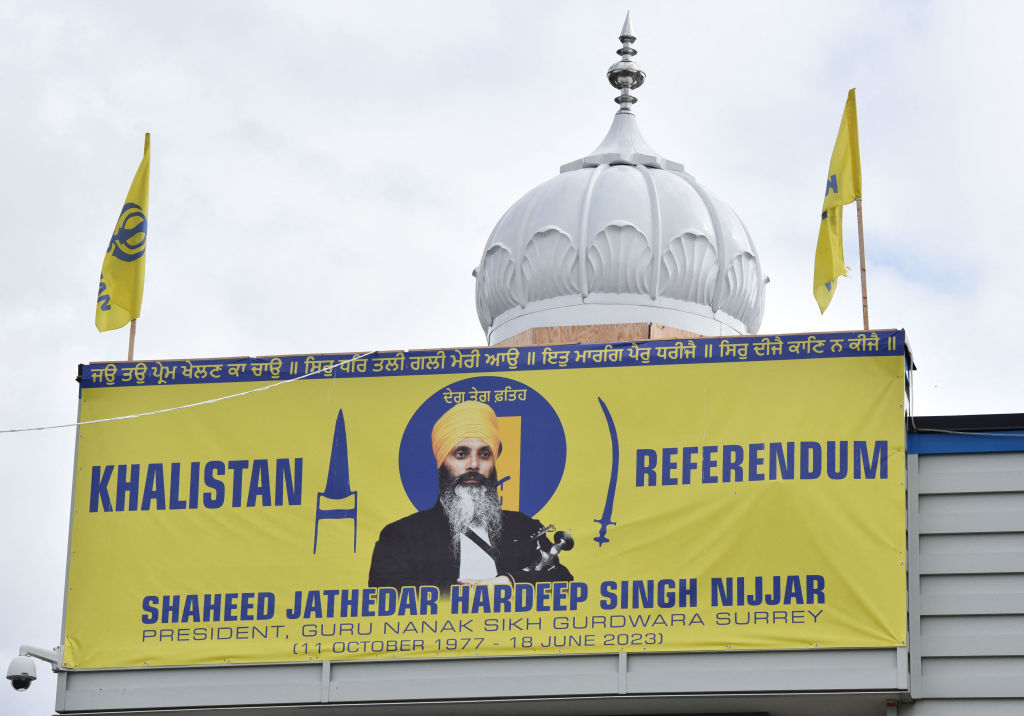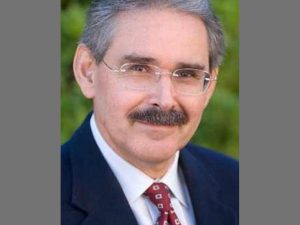- Thursday, April 03, 2025
The veteran Canadian journalist, who has notable works on the Khalistan issue, said the problem has overshadowed India-Canada relations ever since Canada refused to extradite Talwinder Parmar to India.

By: Shubham Ghosh
VETERAN Canadian journalist Terry Milewski on Tuesday (19) said that the current diplomatic row between India and Canada would get worse before getting better and that the Indian side is right in expressing concern over glorification of terrorism in Canada which is legal in that country.
Speaking to India Weekly after Canadian prime minister Justin Trudeau alleged New Delhi’s role in the assassination of Khalistani terrorist Hardeep Singh Nijjar, who he referred to as a “Canadian citizen”, on the Canadian soil in June, Milewski said the Canadian leader’s stand on the matter could be tricky.

“Either Trudeau makes his case stick by producing convincing evidence or he fails. If it is the latter, it is unlikely that he will survive as the PM much longer. If he succeeds, it will be a miracle,” the journalist said, adding that the police were yet to charge or identify the shooters, let alone confirming who paid them.
One of the reasons why Trudeau made such an allegation could be the fact that he is trailing in the polls, Milewski felt.
When asked whether the Khalistan challenge has been a major concern as far as an otherwise friendly bilateral relation between India and Canada are concerned, Milewski said the said factor has overshadowed the ties between the two democracies ever since former Indian prime minister Indira Gandhi had asked former Canadian premier Pierre Trudeau (Justin’s father) in 1982 to extradite Talwinder Parmar for murder but the latter didn’t agree.
“Three years later, Parmar blew up an Air India plane,” he said.
More than 260 Canadian people were among those killed on board Kanishka which was blown into pieces midair off the coast of Ireland in 1985.
Milewski said the Khalistan factor also sabotaged the bilateral relationship in 2018 during Justin Trudeau’s visit to India when his entourage invited a convicted Khalistani terrorist to a dinner at the high commissioner’s residence in New Delhi.
Jaspal Atwal, who was convicted along with a few others of attempted murder for an attack on a late Sikh politician from India in 1986 while he was visiting relatives in Canada.
Following a row over media reports, the Canadian authorities had said that the invitation was rescinded.
On reports that Indian prime minister Narendra Modi rebuked Trudeau during their brief talk on the sidelines of the G20 summit in New Delhi earlier in September, Milewski said the problem was not simply about Modi’s ‘disrespect’ for his Canadian counterpart.
“That grows out of Canada’s failure to act against Khalistani extremism. The Indian side goes too far in demanding curbs on peaceful activities like the referendum voting. But the glorification of terrorism is still legal — and that includes naming the referendum campaign after the Air India bomber. On that, Modi is clearly correct: it’s an incitement to violence. Likewise, the diorama celebrating the assassination of Mrs Gandhi and the “killer posters” threatening Indian diplomats. That’s not peaceful free speech,” he told India Weekly.
Milewski, who has penned a significant report titled ‘Khalistan: A Project of Pakistan’ (2020) and a book ‘ Blood for Blood – Fifty Years of the Global Khalistan Project’ (2021), said Khalistan activism flourishes in Canada since recruiting and brainwashing of the youth is given a free run.
“Kids are taught that terrorists are heroes and I see no attempt by the government to stop that,” he said, adding that the problem lies more in the pandering and normalisation of terrorist iconography and propaganda.
One major consequence of the diplomatic row has been a halt in the free-trade agreement talks between the two nations and according to Milewski, there is no way such an agreement is happening anytime soon.
“The row puts everything in a deep freeze,” he said but added that mutual interest of the two sides will bring it back, only after a lengthy freeze.
“And we have perhaps not yet seen the worst of the freeze,” he told the news outlet.